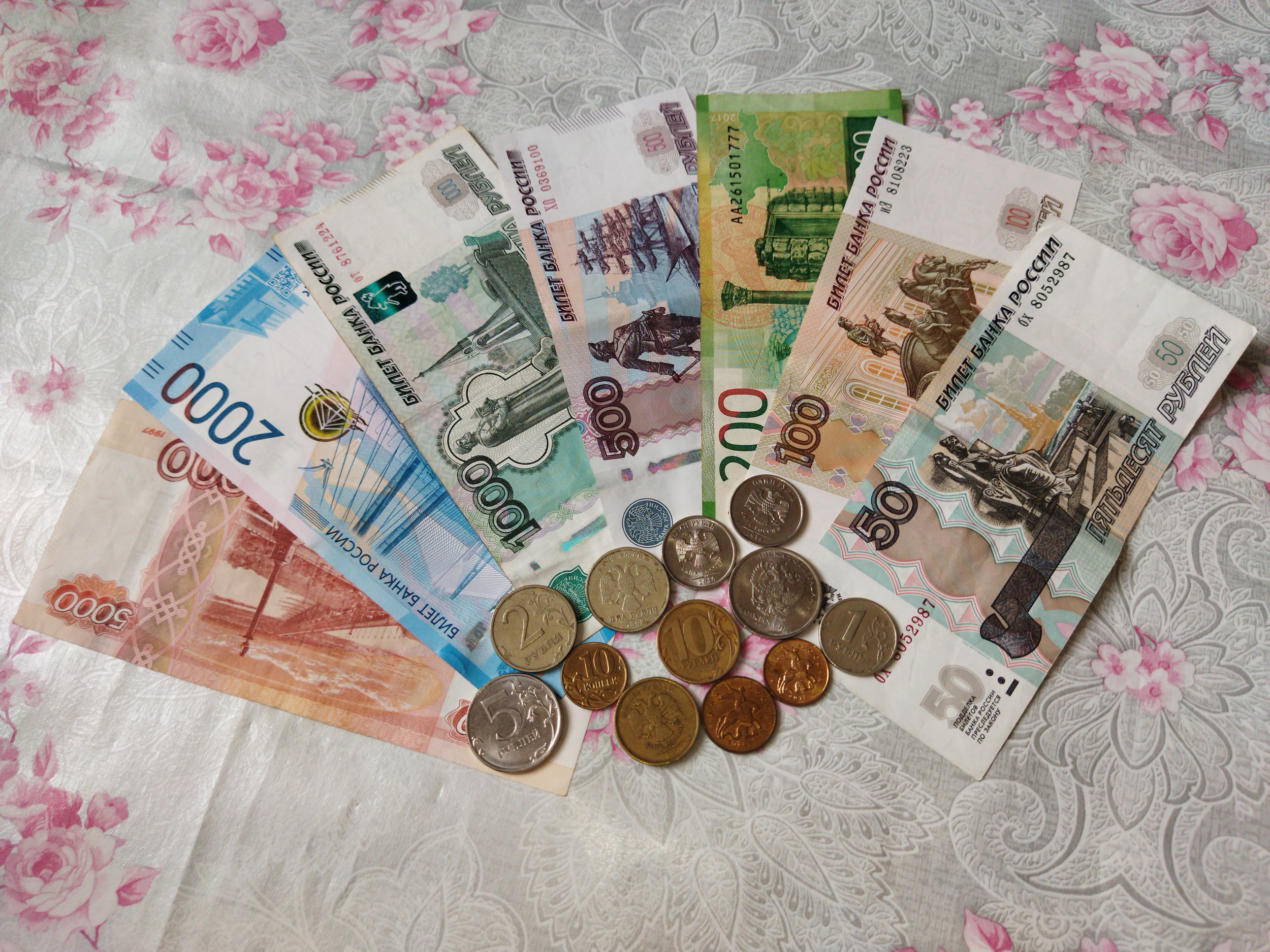Tunisian NGOs Get Illegally-Dumped Waste Shipped Back to Italy
A Container Ship in the Port at Sousse, Tunisia (MiddleEastMonitor)
In a win for Tunisia’s environmental lobby, the Tunisian Ministry of Environment reached an agreement with the Italian government to send 213 containers of toxic waste, illegally shipped to Tunisia in 2020, back to Italy. The discovery of the waste had prompted a massive scandal in Tunisian politics that inspired demands for action against the broader issue of illegal waste dumping in the country.
The waste was shipped to the port city of Sousse, Tunisia by an Italian company that claimed it was recyclable material. However, upon inspection in Tunisia, customs officials discovered that the waste was actually decaying household items and medical waste, both of which are illegal to import under Tunisian law. In response, the government impounded the waste and placed it into storage in the city of Sousse.
The investigations that followed resulted in the prosecution of 25 Tunisian customs officials and the arrest of the country’s environmental minister. The situation became even more volatile when a fire broke out in the warehouse storing the waste in December 2021, leading to fears that toxic gasses may have been emitted from the damaged containers.
Local Tunisian NGO groups took up the fight to remove the waste, lobbying their government and the Italian government to come to an agreement. One of these groups, the Tunisian Green Network, was so involved in the process that members were invited, along with politicians, to watch the ship with the containers leave the country.
Despite the victory, the illegal shipment of waste from Europe to Africa is still a significant problem. The low levels of environmental regulation in many African countries makes them extremely attractive to companies seeking to avoid strict EU waste laws. Over nine million tons of hazardous waste are transported across state borders every year, with Africa as one of the most popular destinations.
Over the years, there have been attempts to stop dumping. The Bamako Convention, which came into effect in 1998, prohibits all 29 of its signatories (including Tunisia) from importing toxic waste. However, implementation and enforcement have proved to be a struggle.
Even though these challenges remain, the waste shipment back to Italy is still a major victory. A leader of another NGO group closely involved in the fight, Nidhal Attia, cited the moment as symbolic and a victory that would “boost the courage and the will of the people to take on issues like this.”






